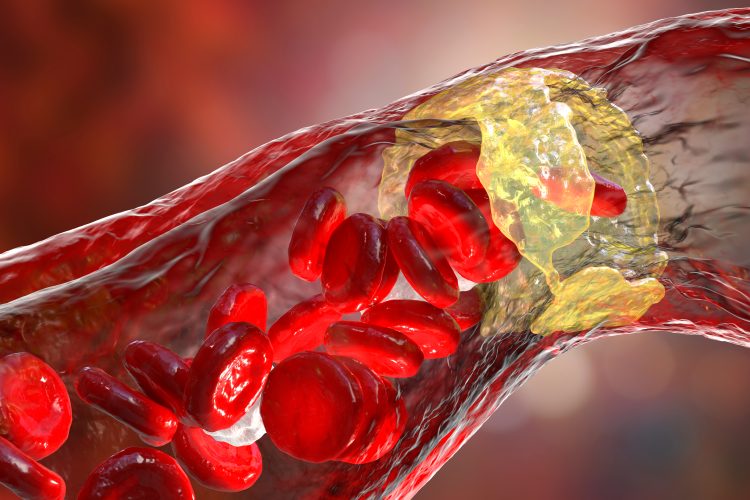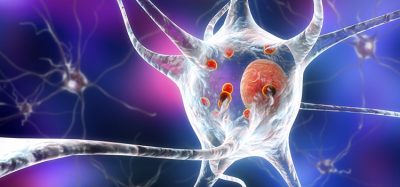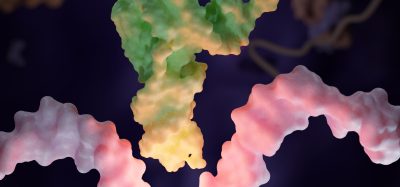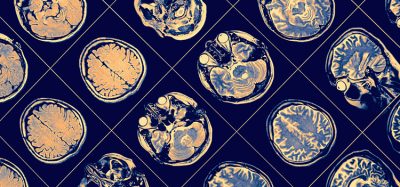Anti-cancer drugs could treat or prevent atherosclerosis
Posted: 2 May 2024 | Drug Target Review | No comments yet
Researchers discovered that smooth muscle cells can change into cancer-like cell types and worsen atherosclerosis.


Scientists at the National Heart, Lung and Blood Institute have found that the smooth muscle cells (SMCs) that line the arteries of people with atherosclerosis can change into new cell types and develop traits similar to cancer that worsen the disease. Supported by the National Institutes of Health (NIH), the study’s results could lead to the use of anti-cancer drugs to counteract the tumour-like mechanisms driving the build-up of plaque in the arteries.
Atherosclerosis is characterised by a narrowing of arterial walls and can increase risk of coronary artery disease, stroke, peripheral artery disease, or kidney disorders. Dr Ahmed Hasan, programme director in the Division of Cardiovascular Sciences at the National Heart, Lung, and Blood Institute stated: “This discovery opens up a whole new dimension for our understanding about therapeutic strategies for the prevention and treatment of atherosclerosis…Previous research has suggested that atherosclerosis and cancer may share some similarities, but this association has not been fully described until now.”
The researchers used a combination of molecular techniques in mouse models and tissue samples taken from patients with atherosclerosis, to characterise the molecular mechanisms that drive the SMCs to transition into cancer-like cell types.
They identified increased rates of DNA damage and genomic instability, two hallmarks of cancer, in the converted SMCs of atherosclerotic plaque when compared to healthy tissue. Further investigation uncovered that cancer-associated genes became more active as the SMCs were being reprogrammed into the cells that made up the plaque. Atherosclerosis was worsened in a mouse model expressing a known cancer mutation. Finally, treating atherosclerotic mice with the anti-cancer drug niraparib, which targets DNA damage, shrank the atherosclerotic plaques, showing potential for preventing and treating atherosclerosis.
Dr Muredach Reilly, professor of Medicine at Columbia University, New York City, and senior author on the study, concluded that understanding the molecular mechanisms driving the transition of smooth muscle cells can offer opportunities to disrupt tumour-like pathways and change how the cell behaves. In this way, atherosclerosis could be slowed or prevented.
This study was published in Circulation.
Related topics
Drug Repurposing, Molecular Biology
Related conditions
Atherosclerosis
Related organisations
National Heart Lung and Blood Institute (NHLBI)
Related people
Dr Ahmed Hasan (NHLBI), Dr Muredach Reilly (NHLBI)







